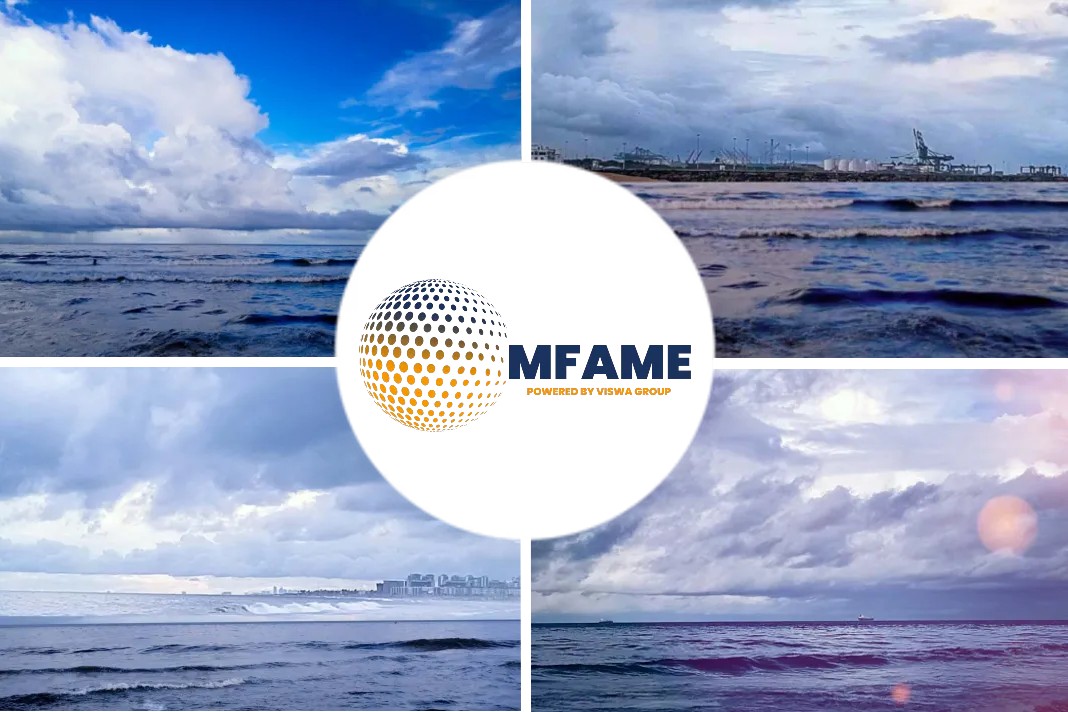- During a Hutchison Ports/IMO/IMO International Maritime Law Institute (IMLI) seminar conducted on September 8, industry stakeholders questioned whether ports need international regulation.
- The IMO Secretary-General Kitack Lim reminded the audience that the IMO Convention does give the Organization a mandate to regulate in ports and some current IMO regulations do indeed extend to port operations, such as those surrounding security, reception facilities and the Facilitation (FAL) Convention.
- United Kingdom Maritime Minister Nusrat Ghani MP commented that regulation needs to be responsive to new challenges and be fit for purpose.
A joint Hutchison Ports, IMO and IMO International Maritime Law Institute (IMLI) seminar discussed the question: “Do ports need international regulation?” on Monday as part of London International Shipping Week, reports Maritime Executive.
Port infrastructure determines global supply chain
IMO secretary general Kitack Lim said, “My experience at Busan [port] showed that ship port infrastructure needs to be an integral part of the global supply chain… there are many opportunities to fully explore and enhance co-operation between the shipping, port and logistics industry.”
He said IMO was already engaged with the port industry within safety and environmental areas and that the IMO strategy for GHG emissions encourages port development to reduce ship emissions, provide shore power from renewable sources and infrastructure to supply low carbon fuels and further optimise the logistics chain.
Climate change to be tackled
IMO International Maritime Law Institute director David Attard said,, “One new challenge is combating climate change. Sea level rise is an important consequence of climate change and ports are at the forefront of rising sea levels. We need to show a clear commitment to combating climate change.”
He added that ports need to provide energy for ships in port and further elaborate just-in-time operations.
Port infrastructure determines global sulphur cap
He added “These are all considerations that have an affect on GHG.” Port infrastructure will have a significant impact on the 2020 global sulphur cap requirements, thus impacting relationships between ship and port.
Kicking off the panel debate, key areas where better port regulation is needed include bunker supplies and information exchange, said International Chamber of Shipping secretary general Guy Platten at a seminar at LISW.
Mr Platten said, “We would like to see bunker suppliers better regulated especially with the 2020 global sulphur cap around the corner and real fears about safe and compliant fuel.”
He added that a better understanding of safety requirements could be helped by better regulations for ports in terms of communications between ship to shore.
Requirement of International regulations
International Association of Ports and Harbours (IAPH) managing director Patrick Verhoeven commented on whether international regulation was needed “…we [ports] need to be more involved, we are mostly at the receiving end of international regulation which affects ports, but ship design, size and consolidation in the industry has a tremendous impact on port infrastructure and there has been very little dialogue so far.“
“I definitely agree we need more on ship to shore communications, we have a big obligation for electronic data exchange.”
He said that reasons why IAPH was supporting the call for more work on port call optimisation and exchanging digital data was that they reduce emissions and increase safety.
“That is an issue where we can do useful work – whether hardcore regulation, more working standards or capacity building, but it covers so many areas it should have more importance on the international agenda.”
Asked about how international legislation could be made to work, Mr Verhoeven said, “The answer is not regulating ownership or port business models.”
He explained that while these differed, in contrast ship and shore interface areas were “pretty similar and similar parties are involved in the nautical chain – there has already been good work done and in that area, more can be done.”
Advanced integrated supply chains and Smart ports
Asked about how to avoid “one size fits none,” Mr Platten said, “There are two key areas, for ratification we need a number of states to ratify and that only happens through politics; it is a challenging environment – maybe we should consider best practice and compliance rather than regulation in some areas.”
UK Minister for Maritime Nusrat Ghani said “Creating the right environment for ports to thrive is key.”
“The industry needs to strike the right balance between enhancing and strengthening regulation and promoting a liberalised regime through an international forum like IMO and negotiating international protocols relating to safety, pollution and laws of the sea.”
Looking ahead, Ms Ghani said, “By 2050 we see more advanced integrated supply chains and smart ports are at heart of that… we aim to set up a cross sector innovation hub by 2030 at a UK port to encourage innovation and adoption of new technologies… we know that regulation needs to be fit for purpose and allow for transparency, competition and improved efficiency in the UK… the UK’s departure from the EU gives the freedom to set our own path and be even more active internationally.”
Did you subscribe to our daily newsletter?
It’s Free! Click here to Subscribe!
Source: Maritime Executive, Riviera Maritime Media
















